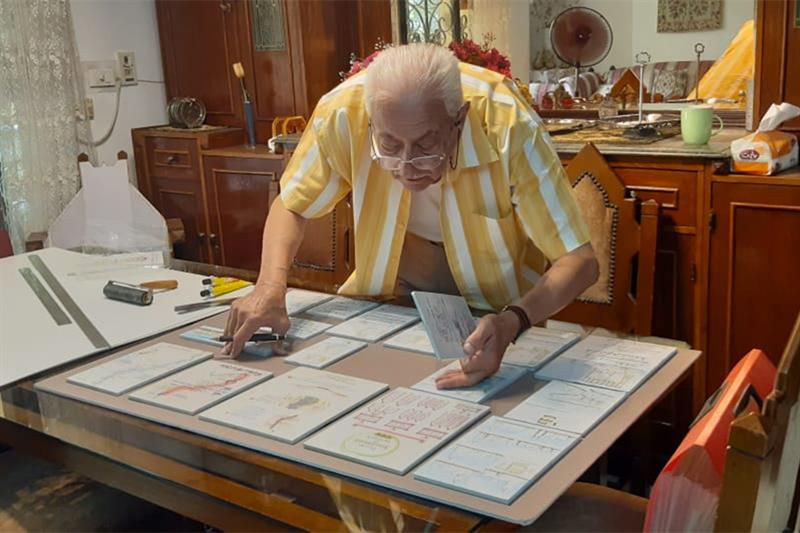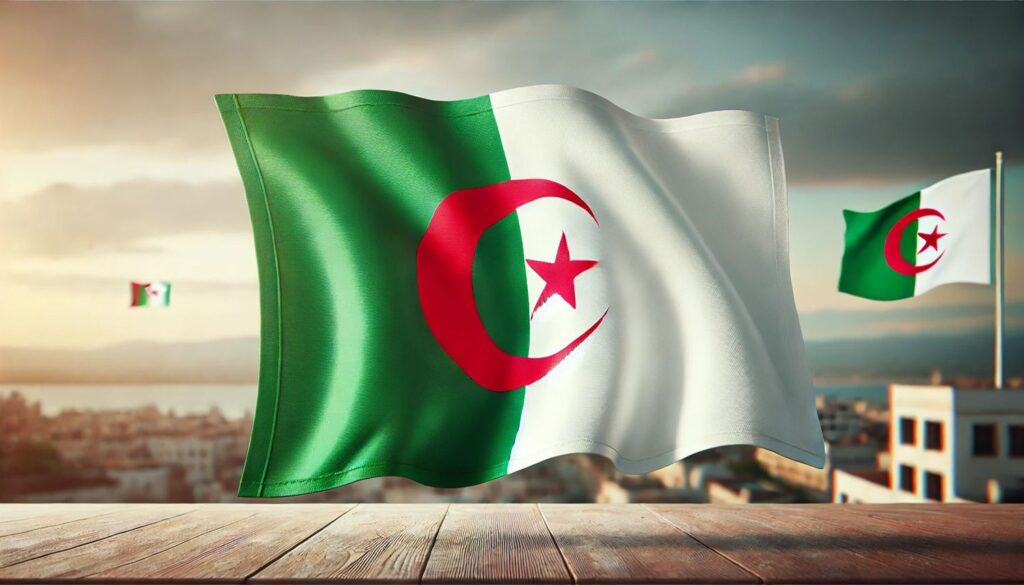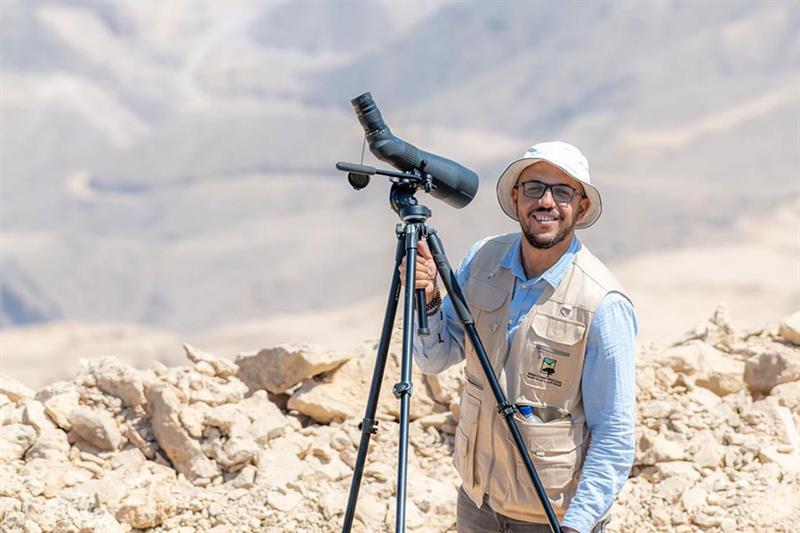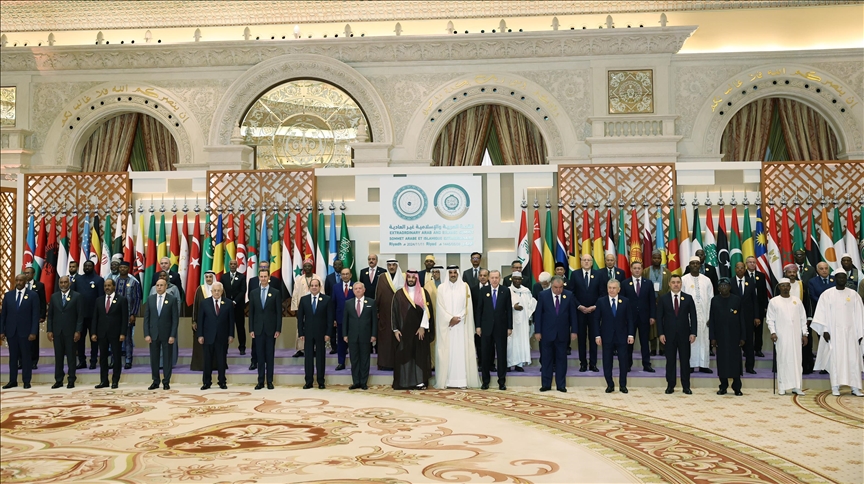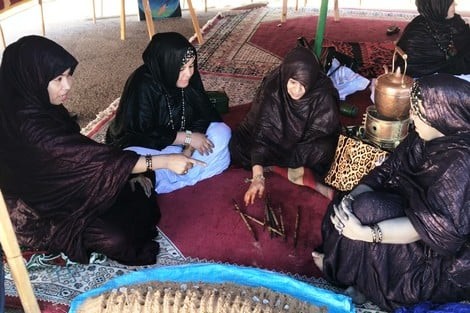Bouayech praised Morocco’s efforts in promoting human rights including recently proposed changes to the country’s family code.
Amina Bouayach, the President of Morocco’s National Human Rights Council (CNDH), has been awarded the 2025 Mediterranean Foundation Award for her contributions to promoting human rights in Morocco and internationally.
The award, presented to her on Friday in Naples, Italy, recognizes individuals or organizations dedicated to upholding the values of human dignity and freedom.
Established by Italian sculptor Mario Molinari, the Mediterranean Prize is a symbol of peace and coexistence between countries. It recognized Bouayach’s work in advancing equality, justice, and fundamental freedoms, the foundation said in a statement.
During the ceremony, President of the foundation, Michael Capasso, along with international jury members and Professor Abdelhak Azouzi, praised Bouayach for her extensive work in human rights.
Bouayach was born in Tetouan, a small city in northern Morocco. For decades, she has been a tireless advocate for women’s and children’s rights, often speaking out against the injustices they face. She has also worked to improve the rights of marginalized groups around the world.
In recognition of her dedication and leadership, King Mohammed VI appointed her as president of CNDH in 2018.
She has also held significant positions in global human rights organizations, including Vice-President of the Global Alliance of National Human Rights Institutions and Vice-President of the International Federation for Human Rights.
In addition to her work in human rights, Bouayach has had a career in diplomacy, having served as Morocco’s Ambassador to Sweden and Latvia.
In her acceptance speech, Bouayach expressed gratitude for the recognition and praised Morocco’s efforts in promoting human rights. She particularly mentioned recent reforms like the vote in favor of a universal moratorium on the death penalty.
“This distinction, while touching me as a woman and activist, is primarily a tribute to my country, Morocco, for its unwavering commitment to the universal values of dignity, justice, and equality,” Bouayech said.
She also mentioned the proposed reforms to Morocco’s family code and they recognize women’s contributions in the household when distributing marital property. “These ambitious reforms, full of hope, aim to strengthen the rights of women and children, bringing significant advancements,” Bouayach said.
CNDH President also noted that the Mediterranean is more than just a geographic area; it is a place rich with shared history, where different cultures have come together to build a common heritage.
She acknowledged the challenges the region faces, such as conflicts and climate change, but stressed that the Mediterranean’s heritage of humanity and diversity offers hope and the potential for renewed dialogue.
In addition, she noted the important role of women in driving social and political change in the Mediterranean, especially in Morocco.
“I dedicate this award to all Mediterranean women who, every day, build bridges between cultures and generations,” she concluded.
source/content: moroccoworldnews.com (headline edited)
____________
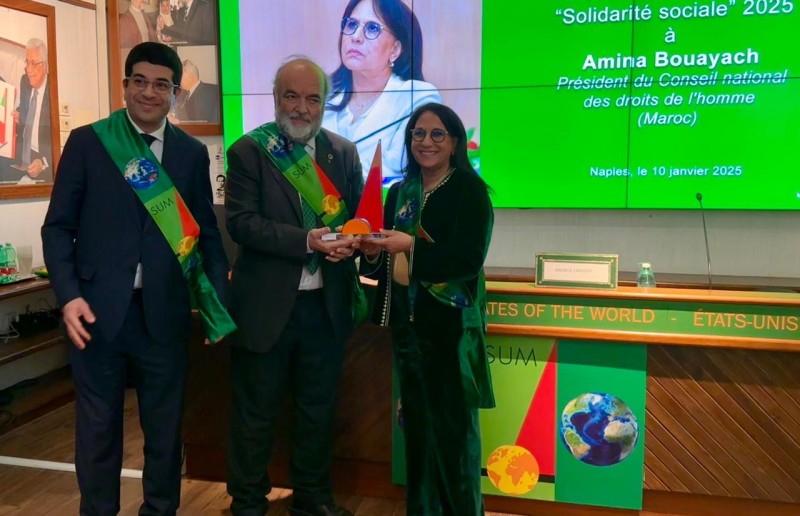
_____________
MOROCCO
